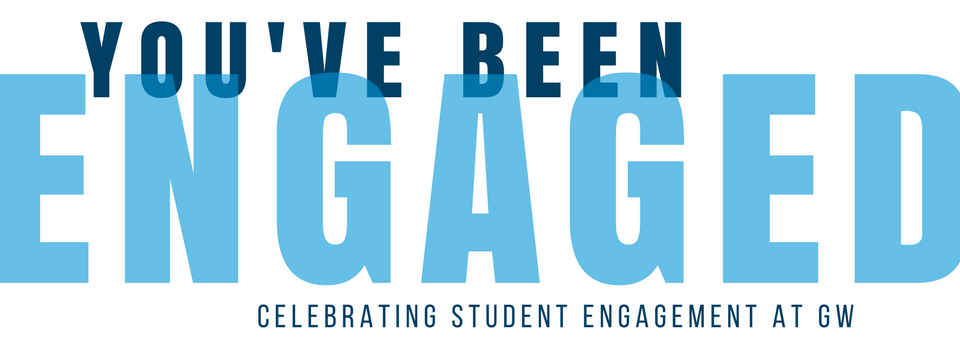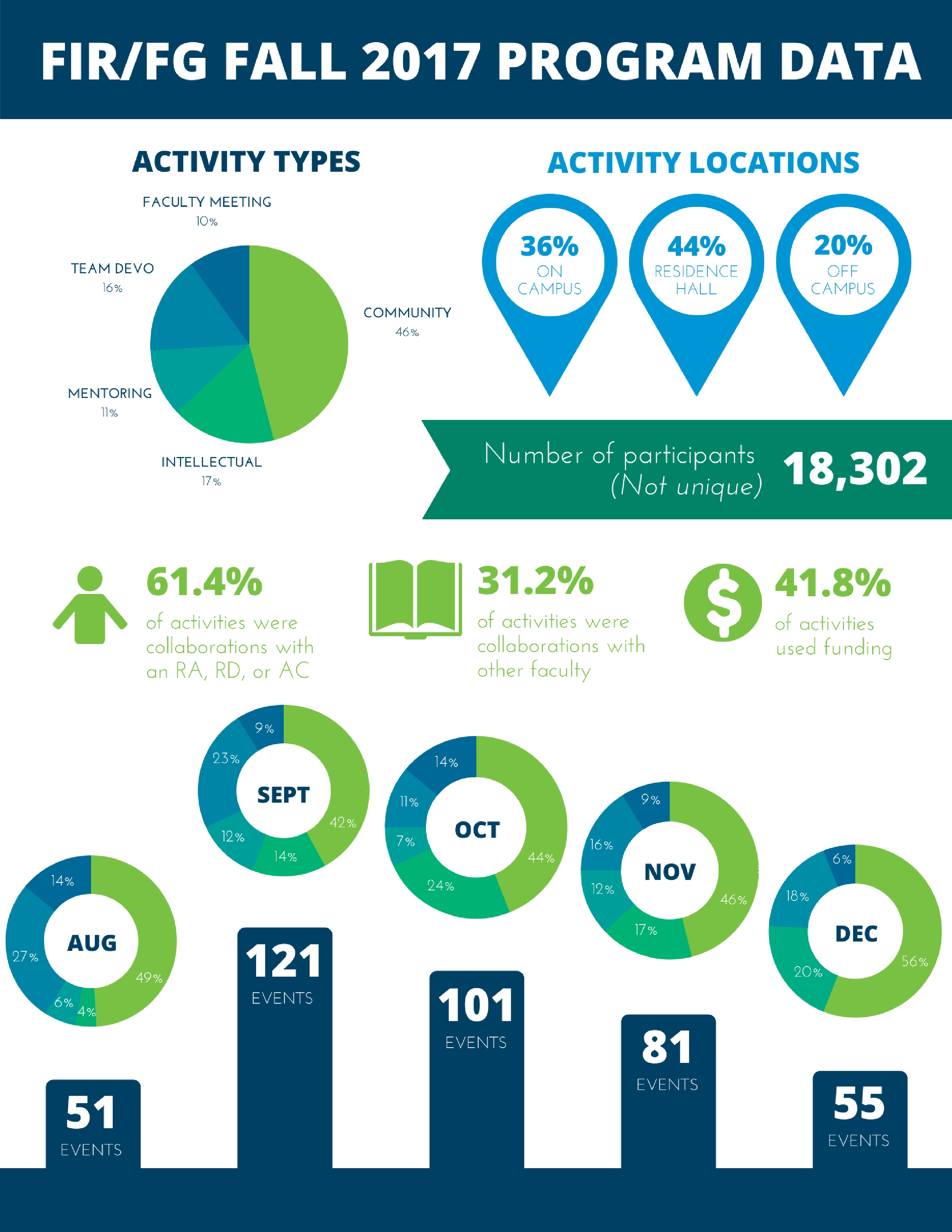by Kaitlyn Schmitt (kschmitt@gwu.edu)
“How do I start a new organization?” Student activities professionals are often asked this question. At GW, there are nearly 500 student organizations, so it’s hard to imagine there are other ideas for organizations, but our students are continuously identifying new opportunities and unmet needs. In 2016, the Center for Student Engagement implemented a new robust process for organization formation. The completely revised process has allowed us to integrate developmental checkpoints with newly formed student organizations, contributing to greater success and sustainability of new organizations.
The Philosophy
Prior to 2016, the new organization formation process was simple and informal: meet with a staff member from the CSE and submit a constitution and a roster. In general, if an organization completed these steps, they would gain recognition. Although the CSE reserved the right to decline recognition, without a formal rubric or set of standards by which to offer approval, we lacked the credibility and legitimacy to do so regularly. This led to the gratuitous approvals of redundant organizations and organizations which lacked solid strategy or leadership. Further, the informal nature of the process resulted in applications from students lacking the commitment and level of dedication required to start and run a new organization. The new process addresses this. ...continue reading "New Organization Formation: How To Set Them Up for Success [Infographic]"




